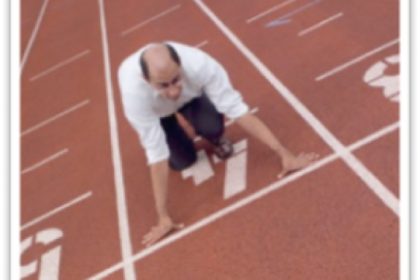
Coaching in the workplace is not about giving employees the answers; it is about empowering them to find their own solutions. A coach serves as a partner, supporting employees in their problem-solving process and helping them leverage their strengths to increase effectiveness.
Unlike training, which focuses on transferring knowledge, coaching is personalized and client-driven approach. It encourages clients to explore different perspectives, challenge their beliefs, and make informed decisions.
Coaches in the workplace possess the following qualities and skills:
- Belief in Client Capability: Effective coaches see their clients as capable and resourceful individuals. They empower clients by asking thought-provoking questions and inviting them to discover and choose their own answers.
- Clarity and Openness: Good coaches communicate clearly and respectfully. They support exploration and openness to different solutions and approaches.
- Active Listening: Successful coaches listen attentively to understand perspectives and thought processes. They listen for what is and is not said and they listen for trends over time. Active listening helps build rapport and fosters a deeper understanding of employee needs and challenges.
- Differentiating Coaching and Training: Coaches understand the distinction between coaching and training. While training focuses on transferring knowledge, coaching is a thought provoking, creative process that supports clients being their best selves. It is a process for clients to discover their own strategies and solutions.
- Challenging Traditional Thinking: Coaches are willing to challenge beliefs, disrupt routines, and promote awareness. By helping clients consider different perspectives, coaches empower them to make informed decisions and implement changes.





